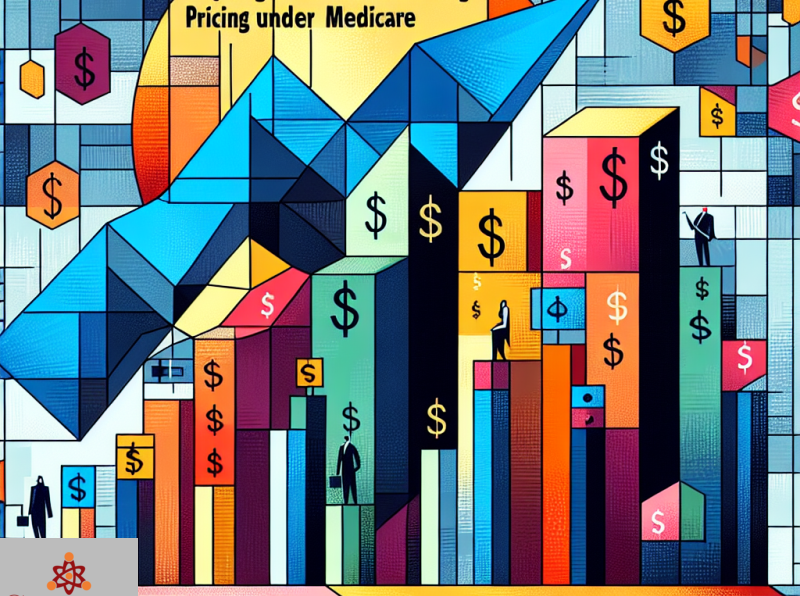
The recent JAMA article examines anticancer drug pricing for self-administered medications covered under Medicare Part D from 2010 to 2024. It focuses on the effects of the Inflation Reduction Act (IRA) of 2022. This study reveals a consistent upward trend in launch prices – mean monthly costs rose from approximately $11,000 in 2012-2014 to nearly $28,000 by 2023-2025, resulting in an annual increase of $1,694 after inflation adjustment.
Continuous Price Escalation
The research identifies several key insights about anticancer drug pricing in Medicare. Launch prices for self-administered anticancer drugs have steadily risen each year. There is no evidence of acceleration following the IRA’s implementation. Manufacturers were already maximizing prices before the legislation and continued afterward. By 2025, prices were 14.8% to 200.9% higher than if adjusted solely for inflation since launch. Although this gap has narrowed, prices still exceed inflation rates.
The IRA does not control initial launch prices. It mainly negotiates prices for older drugs and limits post-launch increases. This may incentivize higher initial prices, especially for anticancer drugs mandatorily covered under Medicare Part D. Despite IRA-mandated rebates for above-inflation price increases, these increases persisted through 2023-2024. Rebates are expected to start in fall 2025, highlighting a policy enforcement gap.
Evolving Medicare Landscape
These findings reflect broader trends in pharmaceutical pricing as the Medicare Part D program changes due to the IRA. Effective in 2025, the IRA introduces a $2,000 annual cap on out-of-pocket costs for Part D beneficiaries. This could alleviate financial burdens but might encourage higher launch prices. The IRA allows Medicare to negotiate prices for selected high-cost drugs. Implementation occurs in phases, with the inaugural round targeting 10 Part D drugs. Applicable prices start in 2026, with more drugs expected later. Anticancer drugs are a “protected class” in Medicare Part D, requiring formulary inclusion. This status limits insurers’ negotiating power and may sustain high pricing.
Economic Burdens and Patient Access
The study’s findings bear significant implications:
- Financial Strain on Health Systems: Rising launch prices for anticancer therapies pressure Medicare’s financial sustainability, even with IRA reforms.
- Concerns Over Patient Access: The $2,000 out-of-pocket cap protects patients, but escalating drug prices could tighten utilization policies.
- Manufacturer Incentive Structures: The IRA may unintentionally encourage manufacturers to front-load costs at market entry, limiting patient access.
- Urgent Policy Considerations: Additional measures may be needed to target launch prices, especially for drugs with guaranteed Medicare Part D coverage.
This research highlights the IRA as a crucial step toward controlling drug costs. However, addressing launch prices remains a significant policy gap, especially for high-cost specialty medications like anticancer therapies. For further insights, refer to the original article on JAMA.
